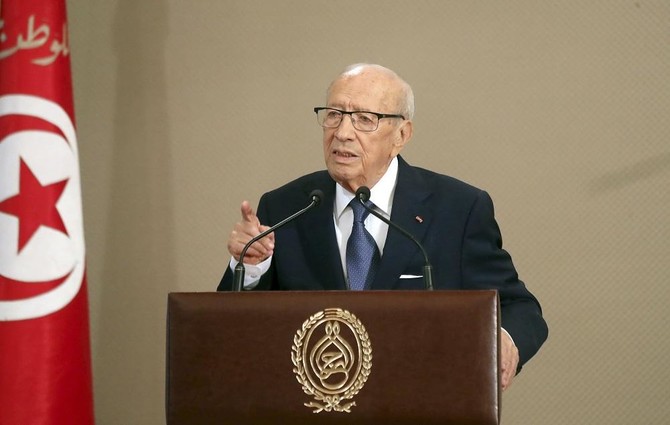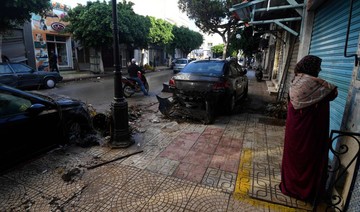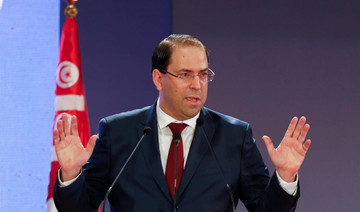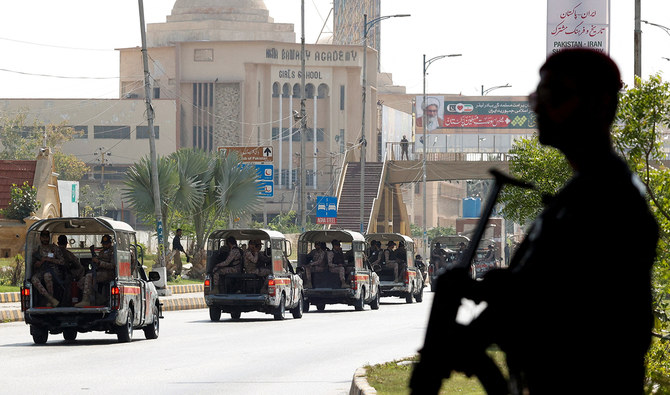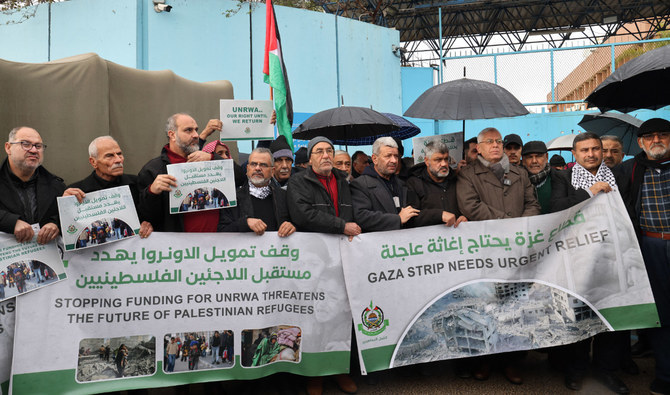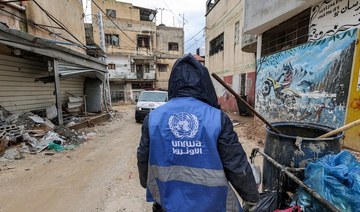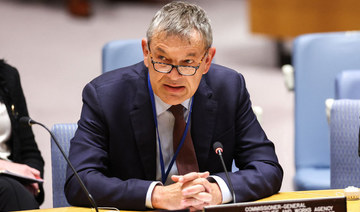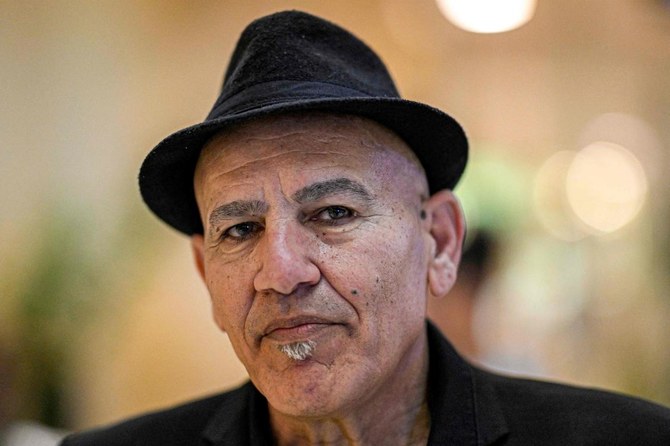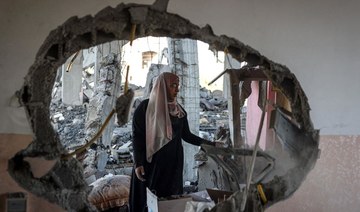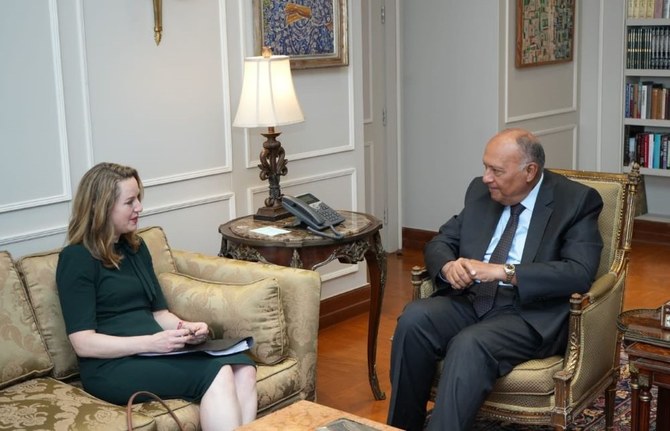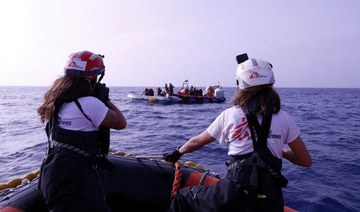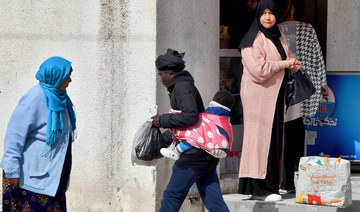TUNIS: Efforts to rescue Tunisia’s ailing economy face the prospect of fresh turmoil after the president declared his alliance with the Ennahda party at an end, deepening divisions in a fragile coalition managing the country’s transition from autocracy.
The Ennahda party and Nidaa Tounes agreed in 2014 on a constitution granting far-reaching political rights, limiting the role of religion and holding free elections, which stands out in a region often run by autocrats.
But Tunisia fell into a political crisis again this year after Essebsi’s son, who is the leader of Nidaa Tounes, called for the dismissal of prime minister Youssef Chahed because of his government’s failure to revive the economy.
His demand was supported by the powerful UGTT union, which rejected economic reforms proposed by Chahed.
Political analysts say Monday evening’s announcement by President Beji Caid Essebsi could make it difficult for the government to enact tough economic reforms sought by international lenders.
“There will be no real risk of toppling the government in parliament, but the problem is that division will deepen, social tension will rise and reforms are threatened under a fragile government coalition,” Nizar Makni, a journalist and analyst said.
“Reforms need broad consensus and the lack of compromise may lead to mass protests in the streets, especially that powerful unions rejected all proposed reforms”, he added.
Although struggling with high unemployment and inflation, the coalition of political parties has been running what has been hailed as the Arab Spring’s only democratic success, avoiding the upheaval seen in Egypt, Libya or Syria.
AUSTERITY
But Ennahda came to Chahed’s defence, saying the departure of the prime minister would hit stability at a time when the country needed economic reforms.
In his more than two years in office, Chahed has pushed through austerity measures and structural reforms, such as cutting fuel subsidies that have helped to underpin a $2.8 billion loan from the International Monetary Fund (IMF) and other financial support.
The president raised the stakes on Monday evening.
“The consensus and relationship between me and Ennahha has ended, after they chose to form another relationship with Youssef Chahed,” Essebsi, the founder of Nidaa Tounes, said in a televised interview.
Analysts said the president’s announcement would probably not lead to the overthrow of the government, which still has the support of at least 110 of a total 217 lawmakers in parliament.
But Chahed could find it difficult to enact tough reforms in the face of a strong opposition front including the unions, the president and Nidaa Tounes party.
Last week the UGTT labour union called a public sector strike for Oct. 24 to protest at Chahed’s privatisation plans.
“The president’s comments will deepen the crisis,” senior Ennahda official Lotfi Zitoun told Reuters.
“Ennahda seeks stability and a dialogue that includes all partners to get out of the crisis.”
By surviving for more than two years, Chahed has become the longest-serving of Tunisia’s nine prime ministers since its Arab Spring democratic revolution in 2011.
Chahed has gathered enough support in parliament to stave off a possible vote of no confidence by working with Ennahda and a number of other lawmakers including 10 Nidaa Tounes rebels.
Since 2011 uprising, nine cabinets have failed to resolve Tunisia’s economic problems, which include high inflation and unemployment, and impatience is rising among lenders such as the IMF, which have kept the country afloat.


